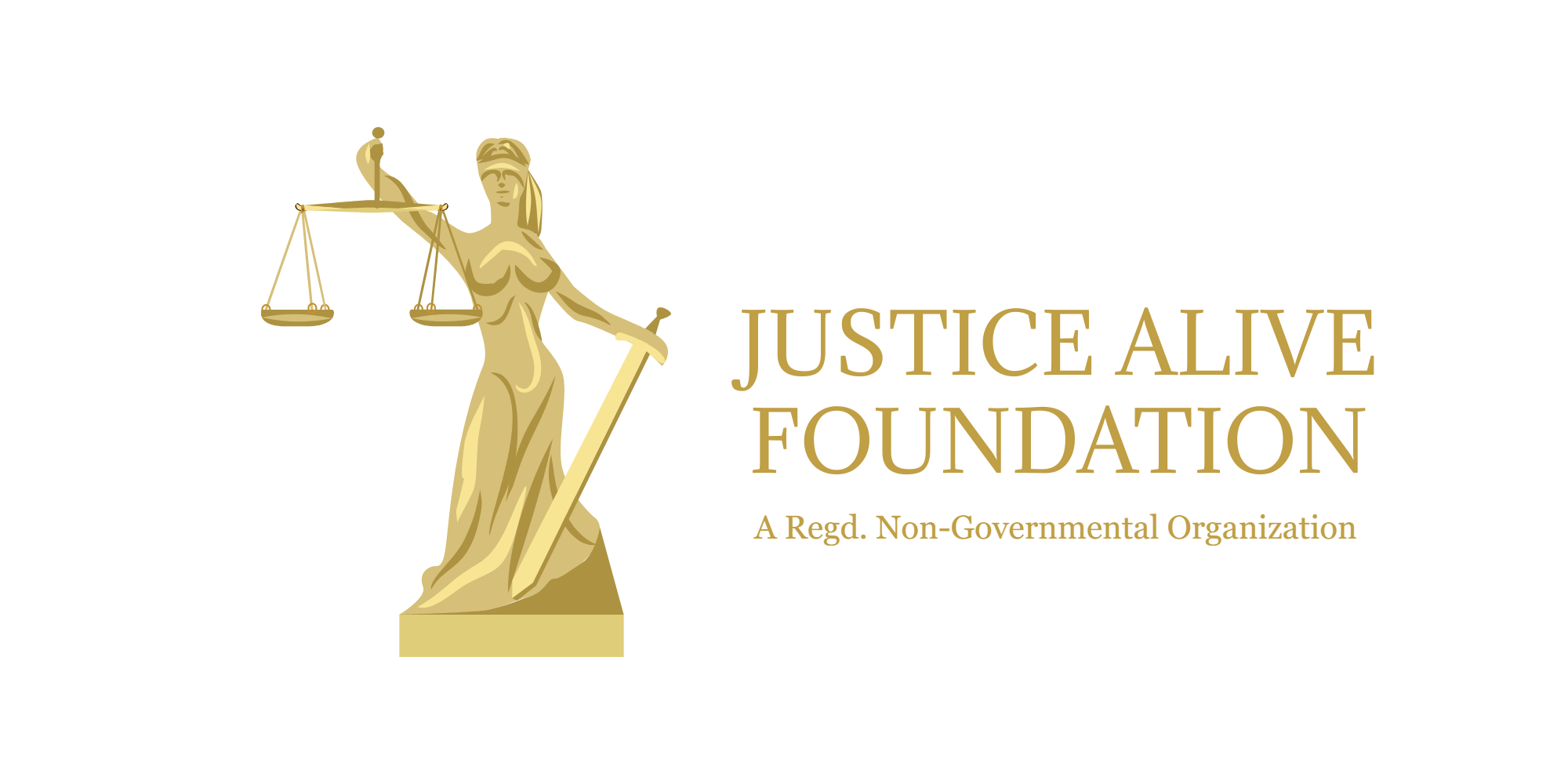
Doctrine of Restitution and Unjust Enrichment
This article has been written by Ms. Avani Mahajan, a student of Symbiosis Law School.
Restitution and unjust enrichment are fascinating topics that are frequently connected by the threads of justice in the complicated web of legal concepts. These ideas, which seek to make up for inequities and maintain justice in the face of unfair advantages, serve as the cornerstone of equitable remedies. “The first and great principle is that the law does nothing in vain; and if any one should have a benefit conferred upon him which he ought not in conscience to retain, then the law, as a fond mother, holds out her arms to him, and pledges him to return that benefit back again to the donor.”- Lord Mansfield.
Under the Indian Contract Act, the Doctrine of Restitution aims to make sure that, in the event that a contract is void or becomes void and one party has benefited, then that person is required to reimburse the other party or restore the benefit. It is defined under section 64 and 65 of Indian contract act. Section 64 of Indian contract act can be analysied as such that it defines as any party with the authority to end a contract on basis of voidability may end such a contract at their discretion should any benefit have been obtained by him as a result of the contract, he is obligated to return it to the source.
For an instance if a significant piece of information is withheld from an insurance firm, it may cancel the coverage. As soon as it does, the policy holder will receive their money back from it, less the premium it collected for the coverage and the costs it expended in connection with it.
Section 65 states that in case of void contract the benefit obtained needs to be returned, or payment needs to be made in order to reinstate the status from before the contract.
In “Harnath Kuwar v. Indar Bahadur Singh[AIR(1922)PC403], the case concerned a contract that was “ab initio” void because the vendor in that instance simply had an expectation. As a result, the purchase money was recoverable with interest under section 65 of the Contract Act as of the suit date.
In 1903, Mohori Bibee v. Dharmodas Ghose, Dharmodas [1903 SCC online PC 4] Ghose, a minor, mortgaged his property to Brahmo Dutt, a moneylender, in exchange for a Rs. 20,000 loan. Dharmodas Ghose was a minor was something Dutt’s lawyer was fully aware of. Due to Dharmodas’ minority, Dharmodas Ghose filed a lawsuit against Dutt through his mother and guardian. Following an appeal, the High Court of Judicature in Fort William confirmed the Court of First Instance’s ruling in favor of Ghose. The Privy Council ruled that any contract signed by a minor is null and void, hence the Doctrine of Restitution was not applicable in this case and the Dutt heirs were legally required to give Dharmodas the property rights.
EXCEPTIONS TO THE DOCTRINE OF RESTITUTION:
Laches and Delays:
The courts may limit or refuse the restitution remedy based on the principle of laches if the party seeking restitution delays unduly in asserting their claim and this prejudiced the other party.
Unlawful Agreements:
Should the transaction be unlawful or contrary to public policy, restitution might not be granted. If the underlying contract contains unlawful activity, courts might not be willing to help parties recover reparation.
Mutual Error and Retraction:
The Doctrine of Restitution may not be used by the courts in situations when there is a mutual error that makes the contract voidable and the parties mutually agree to void it.
In summary, the Doctrine of Restitution is a cornerstone of justice that attempts to right the wrongs caused by null and void contracts. The equitable tenet that no one should unfairly benefit at the expense of another forms the basis of it. A tapestry of justice, natural justice, and preventing unjust enrichment is revealed to us as we make our way through the complex legal terrain of reparation.
UNJUST ENRICHMENT:
Unjust enrichment is a legal concept that arises when someone benefits at the expense of another without a valid reason. In simpler terms, it’s like enjoying the fruits of someone else’s labour or resources without any right to do so. Imagine you mistakenly receive a hefty sum of money in your bank account, and instead of returning it, you decide to splurge on a luxurious vacation. That’s a classic case of unjust enrichment.
In essence, unjust enrichment aims to make amends for circumstances in which one party, frequently at the expense of another, obtains an unfair advantage or unjustified profit. The legal system offers a remedy to bring about balance and justice while acknowledging that certain circumstances can result in unanticipated gains.
A gain, a commensurate loss to another person, and the lack of a moral or legal basis for the enrichment are the essential components of unjust enrichment. It is vital to comprehend that unjust enrichment can occur without a written agreement or contract between the parties. On the core idea of justice, however, it centers.
In unjust enrichment instances, courts frequently step in to stop someone from unfairly making money off of another person’s loss. Restitution, which requires the unjustly enriched party to return any unfairly acquired property, is the standard legal remedy. In our example of construction materials, the recipient may be ordered by the court to reimburse the construction business for the products’ worth or return them.
Any number of situations, from straightforward transactions to intricate corporate interactions, might give rise to unjust enrichment. It acts as a safeguard to ensure that one party is not unduly benefited by another’s loss in cases when there is no written contract.
It’s important to remember that the idea of unjust enrichment is consistent with the larger legal system’s ideals of justice and equity. Even in situations when there isn’t a clear agreement between parties, courts work to right wrongs and guarantee that people and companies are treated fairly.
Case laws related to unjust enrichment:
In the case of Modi Sugar Mills Limited v. Union of India [1970 SCC Online Del 115], X and the Union of India had a contract for X to produce biscuits for the Union, and the Union was required to supply component material, which it did in containers. Afterwards, in spite of the union’s demands, X did not return the containers. The union subtracted additional amounts owed to X and the value of the containers from the security deposit. X filed a lawsuit for reimbursement of the amounts denied. The ruling stated that the material and containers never belonged to X; rather, they were always the property of Union. Respondent benefited because it did not have to pass the containers freely, and the union did not intend to do so.
CONCLUSION
In summary, the legal notion of unjust enrichment was created to deal with circumstances in which one party benefits unjustly at the expense of another. It seeks to correct inequalities and stop unjust enrichment by operating on the ideals of justice and equity. The legal system intervenes to make sure that people who profit without a solid reason are held accountable and forced to make restitution, whether it’s through an unintentional delivery of products or an unintended windfall.





This Post Has 0 Comments